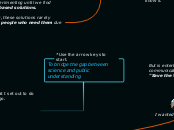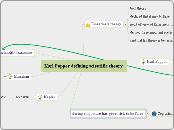por Yuen Ng 11 anos atrás
344
New Map
The narrative explores the psychological and thematic depth of Oedipus' journey as he grapples with the dire prophecies about his life. Central to the plot is Oedipus' relentless quest for truth, juxtaposed with his profound denial and hope that he is not the architect of his own misery.









